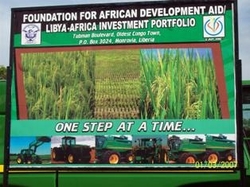Gallery
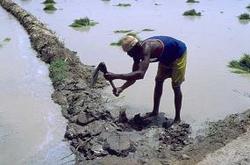






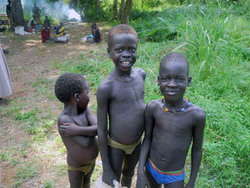
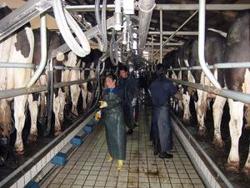

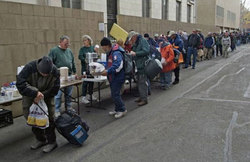


South of Khartoum, Sudan, where the White and Blue Nile Rivers join, a dizzying arrangement of irrigated fields stretches out across the state of El Gezira, December 25, 2006 (Photo: NASA)
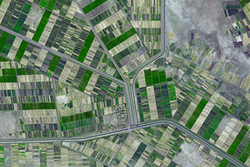
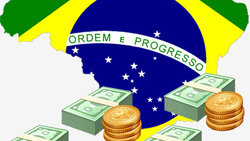
Palm oil plantations in Cameroon, belonging to France's Bolloré group (Photo: WRM).
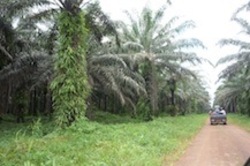
Merawi dam on the River Nile in northern Sudan.
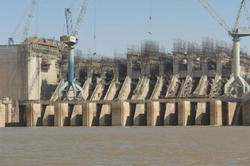
Workers on tractors harvest soybeans in Correntina, Brazil, Wednesday, March. 31, 2010 (Photo: AP/Andre Penner).
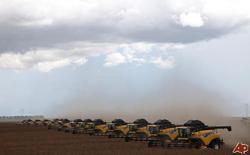
Glencore controls more half the global copper market and almost ten per cent of the planet's wheat trade (Photo: Reuters)
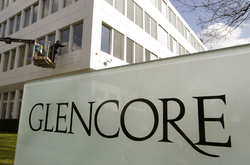
According to the chairman and managing director of Qatar's Hassad Foods, Nasser al-Hajri, the company spent around US$700m in 2010 to acquire farmland across the world, with Brazil targeted for the production of poultry, beef, sugar and grain production, Argentina for grain and Uruguay for rice, grain and meat, says the report from teh Economist Intelligence Unit.


The fund is looking at acquiring farmland in Africa, the Oceania region, Latin America and Central and Eastern Europe

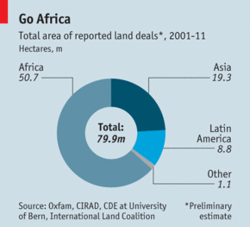
"What makes land grabs unusual is their combination of high levels of corruption with low levels of benefit," says The Economist.
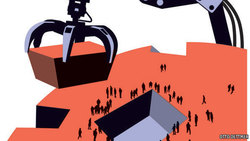
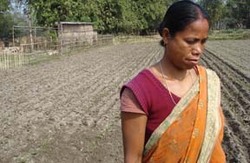
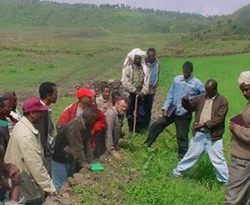
The African Development Aid project was established by the Libyan-Africa Investment Portfolio, owned by Libya's sovereign wealth fund. In 2008, the Government of Liberia and ADA Commercial finalized and signed a Concession Agreement, which was ratified by the National Legislature on June 11, 2008. The agreement gave ADA a land concession of 15,000 hectares for a period of 20 years, with another 3.000 hectares for out-grower facilities.
